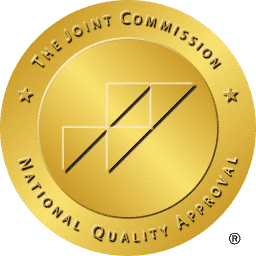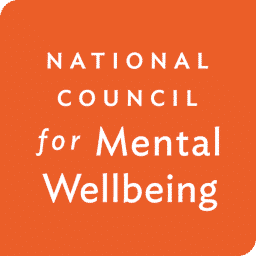In October, we had the opportunity to participate in the Bergen Community College event “Stories of Hope, Connection, and Resiliency”. As practitioners in mental health care, we recognize how mental illness affects the lives of so many, and how – without treatment – many individuals take their own lives, leaving loss survivors reeling in emotions they never before experienced. Yet gathered amongst all of the participants, we were humbled by the sheer number of those who provide care, and even more so, by those who were interested in learning more.
[slideshow_deploy id=’2804′]
The event featured an expert panel and a screening of the documentary film from the American Foundation for Suicide Prevention (AFSP), “The Truth About Suicide: Real Stories of Depression in College”. The film is described as, “an educational program that shows depression and other suicide-related problems as they are commonly experienced by college students.” It encourages students to get help for themselves or their friends and is recommended for use by colleges and universities to integrate suicide prevention into campus activities and services.
The Truth about Suicide is designed to be used as an educational tool to achieve several specific goals related to suicide prevention:
To educate college students and other young adults to recognize the signs and symptoms of depression in themselves and others;
To convey the destigmatizing notion that depression and other mental illnesses are real illnesses that respond to specific treatments;
To promote the importance and acceptability of seeking help for a friend or for oneself; and
To provide information about sources of professional help and ways to self-refer for treatment or assist a peer in getting help.
The takeaway for attendees was one of education and compassion, as the walls of stigma start to fall away with an expanded knowledge of symptoms and treatment options available. Some of these points are worth sharing again, relevant to students and individuals of all ages:
- Depression is a common problem that interferes with students’ ability to enjoy college and be productive in their work.
- Depression may affect you or someone you know.
- Depression is a treatable illness; it is not a character weakness or a normal reaction to life events.
- Depression is especially dangerous when accompanied by severe insomnia, anxiety, hopelessness, desperation, feelings of being out of control or excessive use of alcohol and drugs.
- Depression is an underlying illness that can lead to suicide.Warning signs of suicide include changes in mood and behavior that can be sudden or gradual.
The expert panel, included Sue Heguy, LCSW (CarePlus Workshop Series Trainer and Bergen County’s Traumatic Loss Coalition Coordinator), John Giaimo, LPC (BCC Personal Counselor & USA Military Veteran), Peter DLugos, PhD (BCC Professor, MHFA trainer, Expert in Meditation & Mindfulness), Vanessa Arias-Martinez, LPC (Rutgers/UMDNJ, therapist, BCC adjunct professor), Lorraine Mackin (NJ Area Director of the American Foundation for Suicide Prevention).
Their training and hands-on experience provided even greater perspective to attendees:
John Giaimo encouraged students to “get help when needed and attempted to decrease the stigma of mental health services…not to be ashamed by depression. Depression is not a ‘bad’ emotion; it is a painful one. One that can be treated.”
Sue Heguy encouraged those in treatment to be their own best advocate, “No one knows YOU better than YOU. And YOU matter.”
Vanessa Arias-Martinez advocated for those in treatment to know that THEY deserve the BEST services possible. “If you do not have a connection with a therapist or psychiatrist, it is YOUR RIGHT, to get a second opinion. Why doesn’t your mind deserve the very best?”
Lorraine Mackin advocated that everyone – with or without a mental illness diagnosis – should go for a mental health “check up” at least once a year, “We go to our primary care physicians for our annual check ups, we go to the dentist twice a year for a teeth cleaning, why don’t we do the same for our mind and emotional well-being?”
As Sue said, “YOU matter.” If you are suffering from the symptoms of a mental illness, make sure that you reach out for help – if just to a trusted friend, who can support you in finding help – to ensure you receive treatment. Your lifetime awaits you; reach out and live it.
If you or someone you know is experiencing a mental crisis, please contact: 201-262-HELP (4357); outside of Bergen county New Jersey, call the National Suicide Prevention Lifeline at 1-800-273-8255.

CarePlus NJ, INC. is dedicated to excellence in mental healthcare and has a commitment to life-long support needed by individuals and their families to ensure that they achieve their full potential and improve the quality of their lives.








